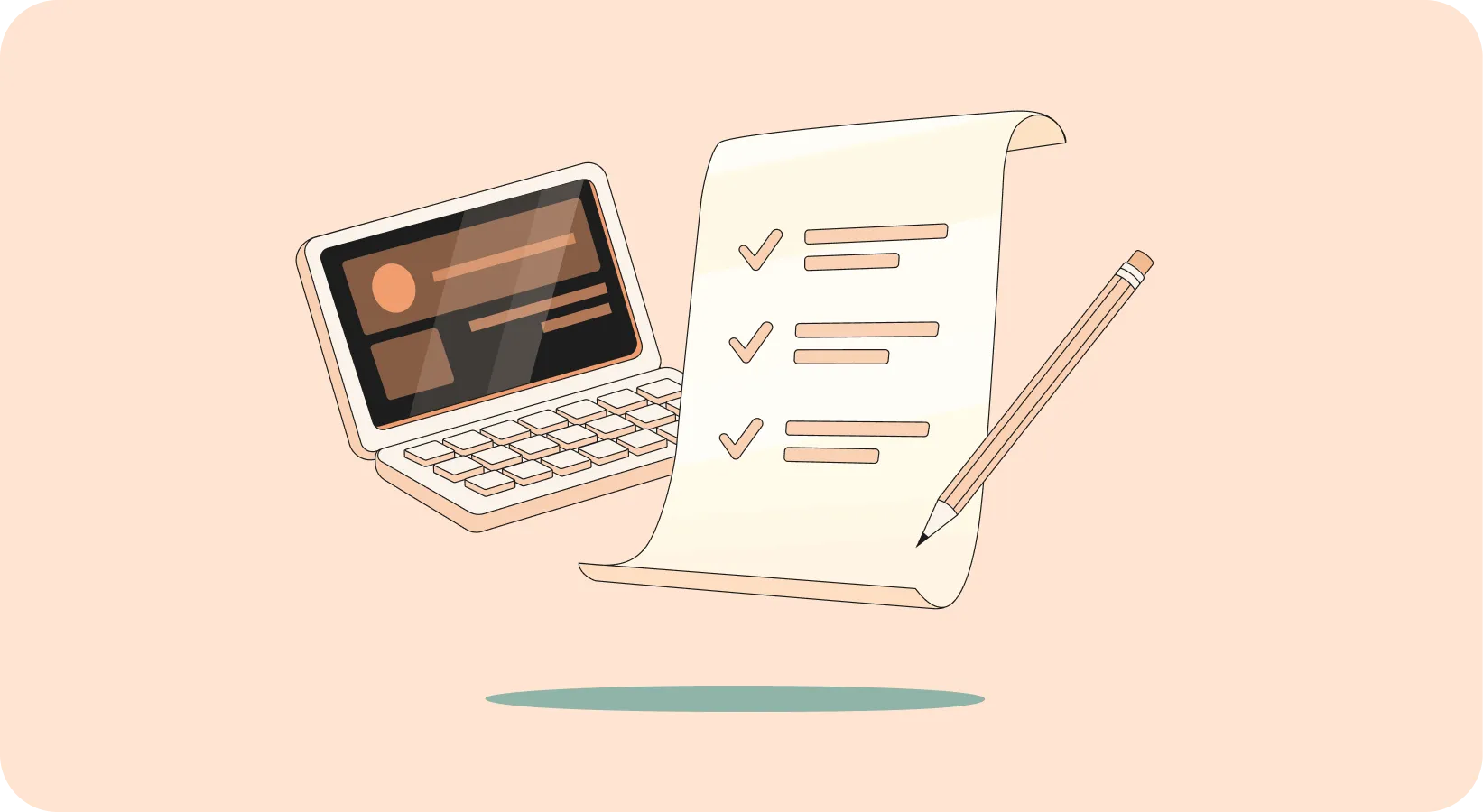If you’re running your own private practice, you may have wondered whether it’s necessary to have your own business checking and savings account in addition to your personal bank accounts. The answer is a resounding yes.
Though it may seem more convenient to track and gauge your spending all in one place, there are extraordinary benefits to creating an individual banking system for your business. In fact, separating business expenses from your personal can also protect you from confusion when tax season hits later down the line.
Benefits aside, it’s actually required for businesses to track their finances separately, depending on what kind of business entity you’ve registered your practice as. Sole proprietors are not required to take this additional financial step, but all other business entities must keep their accounts separate.
{{resource}}
Do therapists need separate business bank accounts?
At Heard, we encourage all clinicians with their own businesses to set up business accounts for financial success.
Don’t think of having an additional bank account as a hassle in itself. In reality, the move requires minimal effort and can lead to long-term financial gains.
Here are three primary benefits of having a separate checking and savings account for your practice.
Track your practice’s cash flow
This one may seem obvious, but the advantages are endless. You’ll never have to spend time wondering which expenses are personal or business, and will get a better gauge on how much your business is actually earning.
Additionally, with services like Heard, you can track the financial health of your practice and receive personalized reports with ease.
Audit-proof your business
As much as we hate to think of the IRS following up with any of us, it does happen, and having your business financials kept separate will ensure you have a clean paper trail of your expenses and income. Here are seven ways to avoid an IRS audit.
Receive tax deductions
This is the holy grail of private practice perks. Many business expenses can be deducted from your income taxes, so keeping track of those expenses accurately and separately can be financially beneficial when filing your taxes. Read our complete list of tax deductions for therapists.
Additional benefits can include getting your own business checks (which you should have, because you’re a legitimate business!) and qualifying for special banking deals, such as business loans or credit cards.
If you’re a private practice therapist looking to separate and efficiently track your business finances, we’re here to help and be a partner in your process.
—
This post is to be used for informational purposes only and does not constitute legal, business, or tax advice. Each person should consult their own attorney, business advisor, or tax advisor with respect to matters referenced in this post.
{{cta}}
Manage your bookkeeping, taxes, and payroll—all in one place.

Discover more. Get our newsletter.
Get free articles, guides, and tools developed by our experts to help you understand and manage your private practice finances.
Heard connects to thousands of banks, credit cards, and payment apps. We handle importing and categorizing everything so you don’t have to. Schedule a free consult to learn more.
Schedule a free consult




